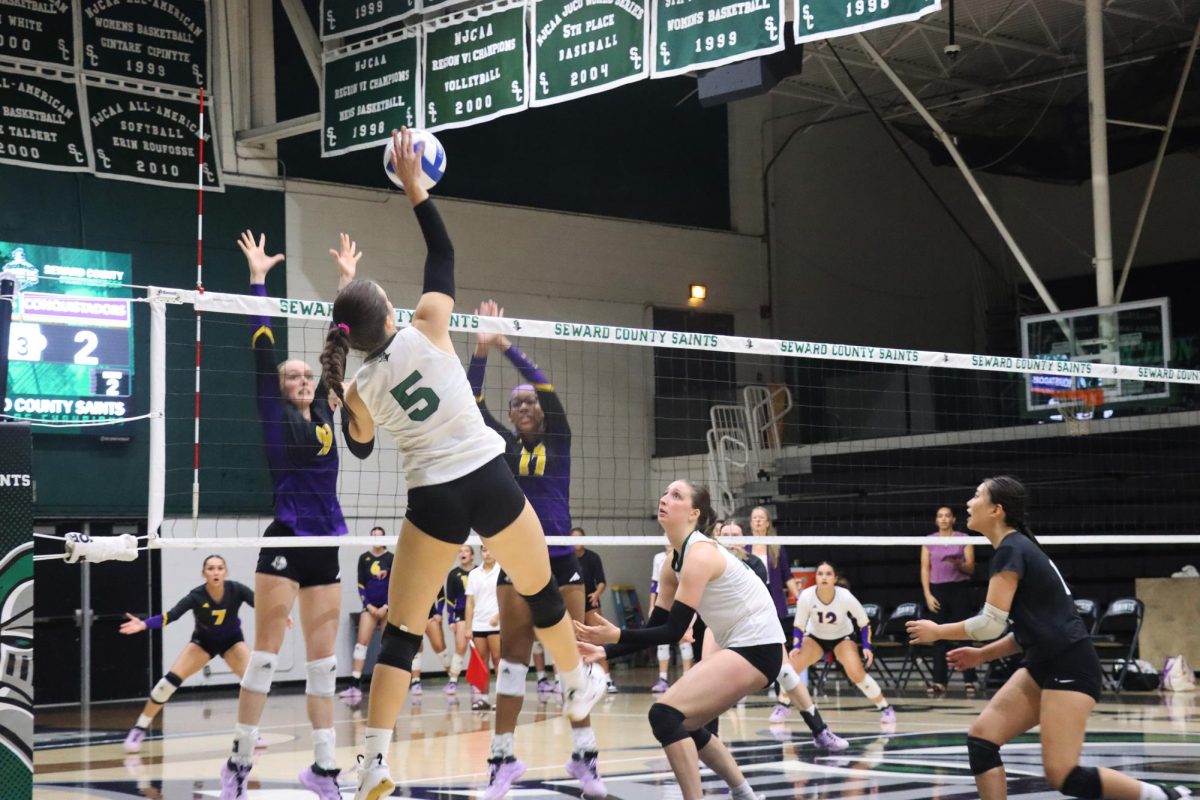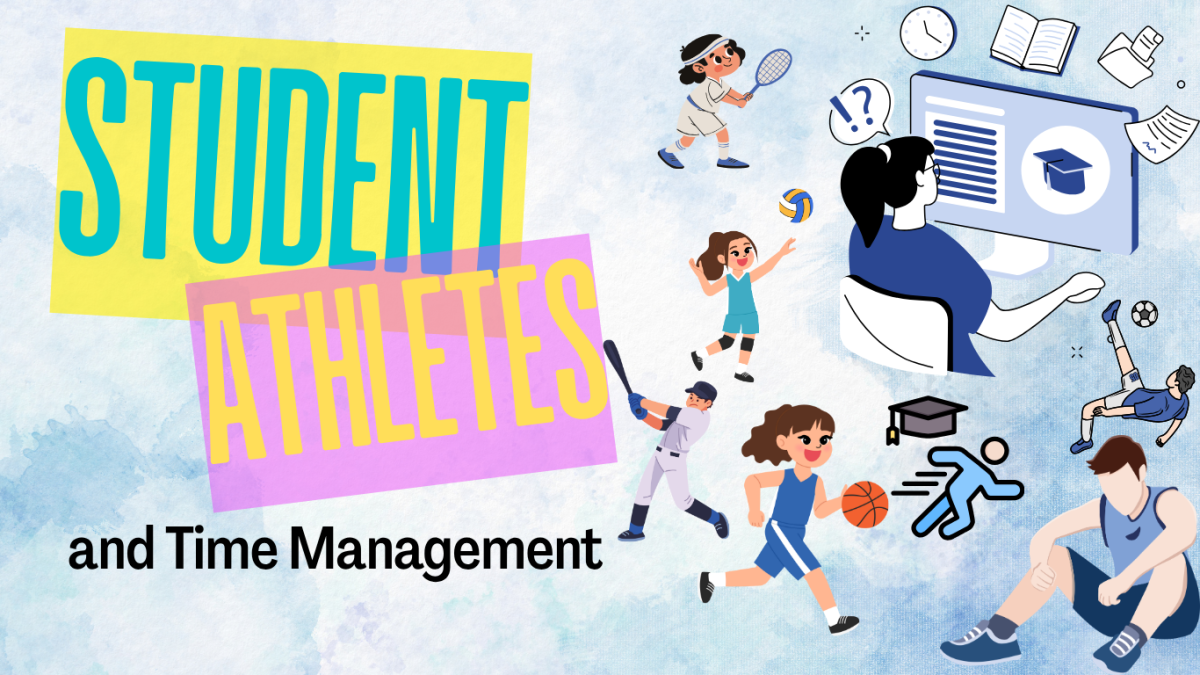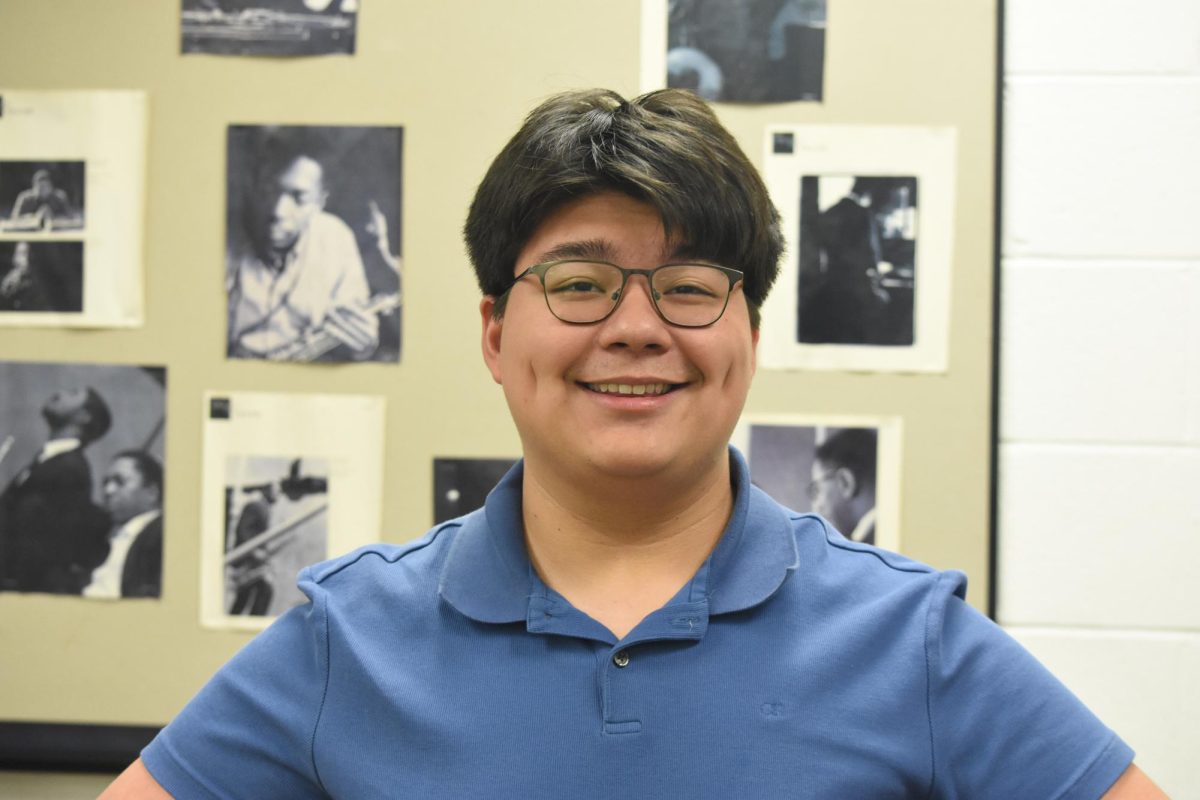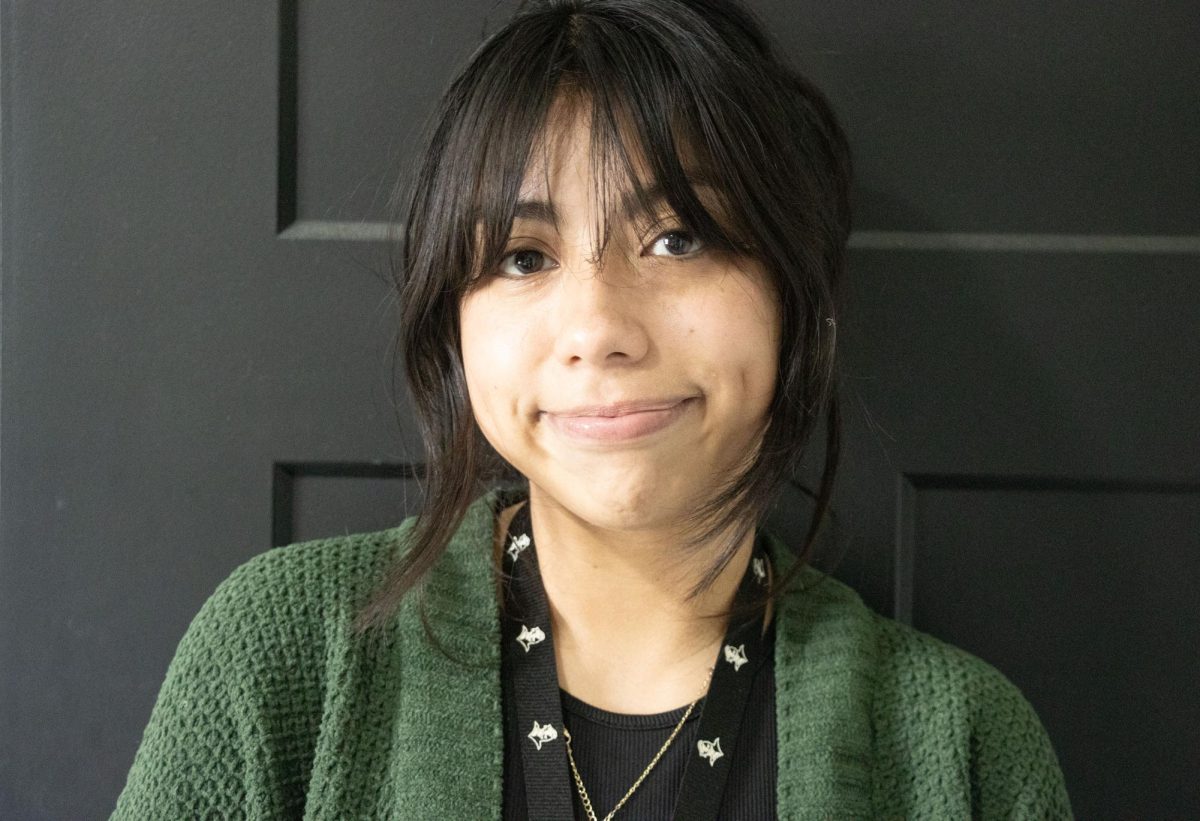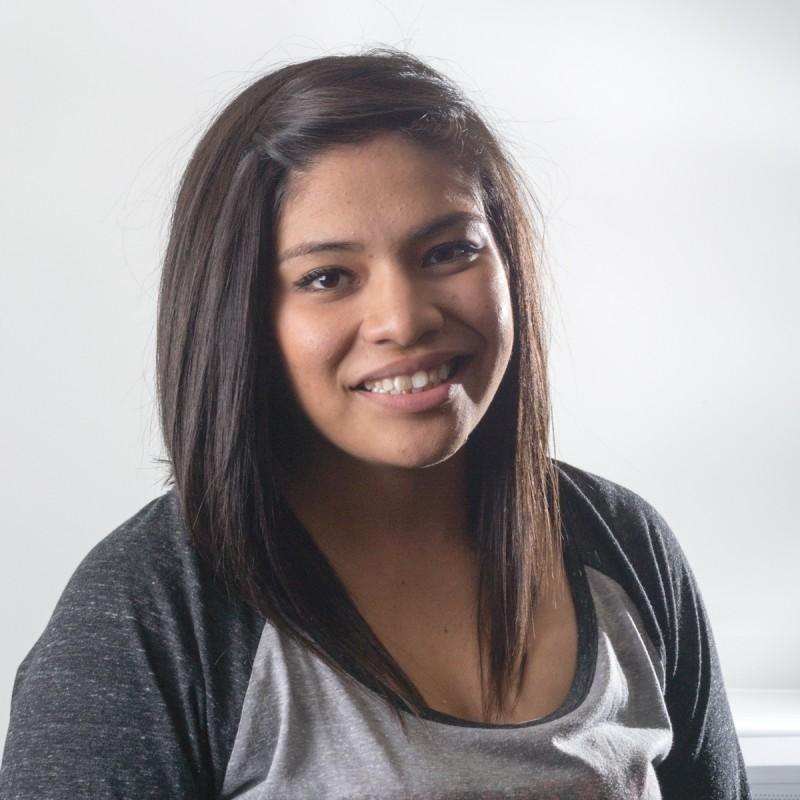Major reasons that immigrants choose to relocate to the United States include an increase on their economic status, better job opportunities that are accompanied with extra money, and lastly but most commonly known, chasing that unattainable dream. “Immigrants come running away from the situation that is going on in their own countries. It can be the economy, which is very poor, the opportunities to study there are few, and it’s very difficult to get an education at a moderate cost,” Sonia Hernandez, SCCC/ATS STEM education specialist said. Other barriers that immigrants may be running away from is violence. For example, in Mexico, violence has skyrocketed over the years. Tagging along with violence is trafficking of drugs. Who wouldn’t want to flee from all of that? Especially for the sake of family protection and well being. Immigrants pursue a stabilized environment where they can live in peace. Although America is not excluded from all of that. Violence, smuggling of drugs, dysfunctional environments are found anywhere. I can personally testify that in Mexico, shootings happen on a daily basis, and those situations have become the norm of any city in that country. Shootings are so common, they often aren’t even covered by the media. Whereas in America, local towns take ownership of events that happen within their boundaries, and action follows from local authorities. It’s easy to understand which environment is better suited for those who want to excel. To add to the list of factors, a reunion between loved ones is usually what encourages immigrants to make a move, literally. “Twenty to thirty years back, it was custom that the head of the family, the father, would migrate to the states first and send their earnings back to their families. Then as the years pass by, the families grow tired of being apart and so the husband sends for his wife and kids to be brought in, illegally,” Hernandez said. Immigrants chase a dream, a dream of a better future for not only themselves, but for their future generations to come. They come with the hopes to learn another language, to pursue self improvement, to be able to work and study at the same time, to simply advance in every aspect of their lives. A misleading concept or idea that is often ignored is that many immigrants come to America to primarily work, then send money to their families, but all with the intention of returning back to their home country. Obviously, more times than not immigrants have chosen to stay longer than intended. Many simply want to get a good heads up on savings and with a country offering those chances, the risks are taken. Above all, education is the top reason why many decide to come. But one obstacle that arises is probably everyone’s fear, immigrant or not. One thing that stands out is, “the fear of being identified, of seeking services and that someone will tell on them [immigrants] and turn them in,” said Travis Combs, SCCC/ATS Director of Adult Basic Education. According to Hernandez, in the state of Kansas, public schools do not refuse the entry to anyone wanting to enroll in their facilities. Immigrants can further their education and be admitted. The benefits of being a resident, not necessarily being a citizen, is eligibility to apply for government financial aid. But that does not mean that all obstacles are gone. Many students get financial help, and it’s still not enough. They have to study and work to help maintain their families. Whereas if a person were to be undocumented, they would not have that possibility of getting minimum financial help. Here in Seward County, help is offered to those who struggle with obtaining that education due to the different factors listed above. Possibly to those who just struggle with the language. At the Colvin Adult Learning Center, service is given to anyone and everyone. From the time span of 2003-2013, this facility has obtained a percentage rate of 71.93 percent of participants who achieve their citizenship skills through the Colvin Center. “To get your GED through the Colvin Center, you must present a valid form of identification, but we can not ask for legal documentation,” Combs said. “There have been many cases here in Seward where students have excelled, despite the circumstances that students have been placed in. This college does not focus on whether you’re legal or not, this college accepts any student wanting to further their education, not caring about their race, their background, etc. Here, all students are treated equally and are provided the same amount of education,” Hernandez said. The percentage of students who excel in education, being an immigrant, is low. “But there are cases of excellence nonetheless,” Hernandez said.
Barriers can block relocation success
October 6, 2014
More to Discover


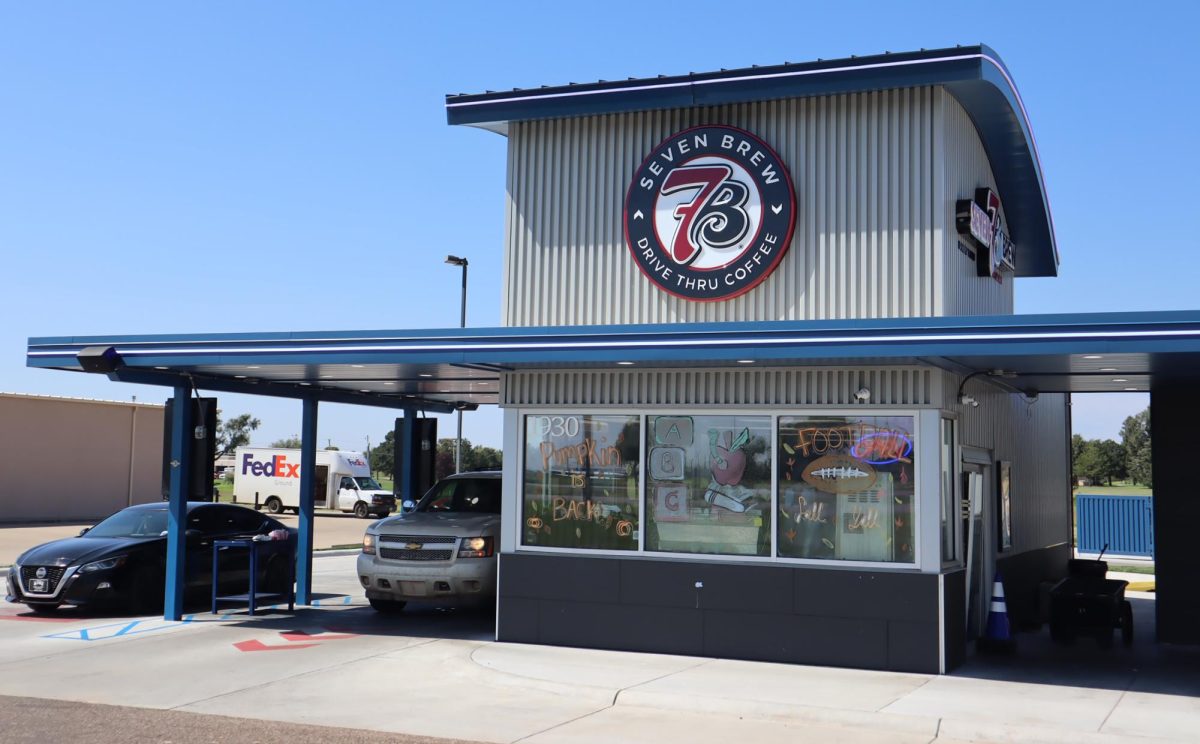


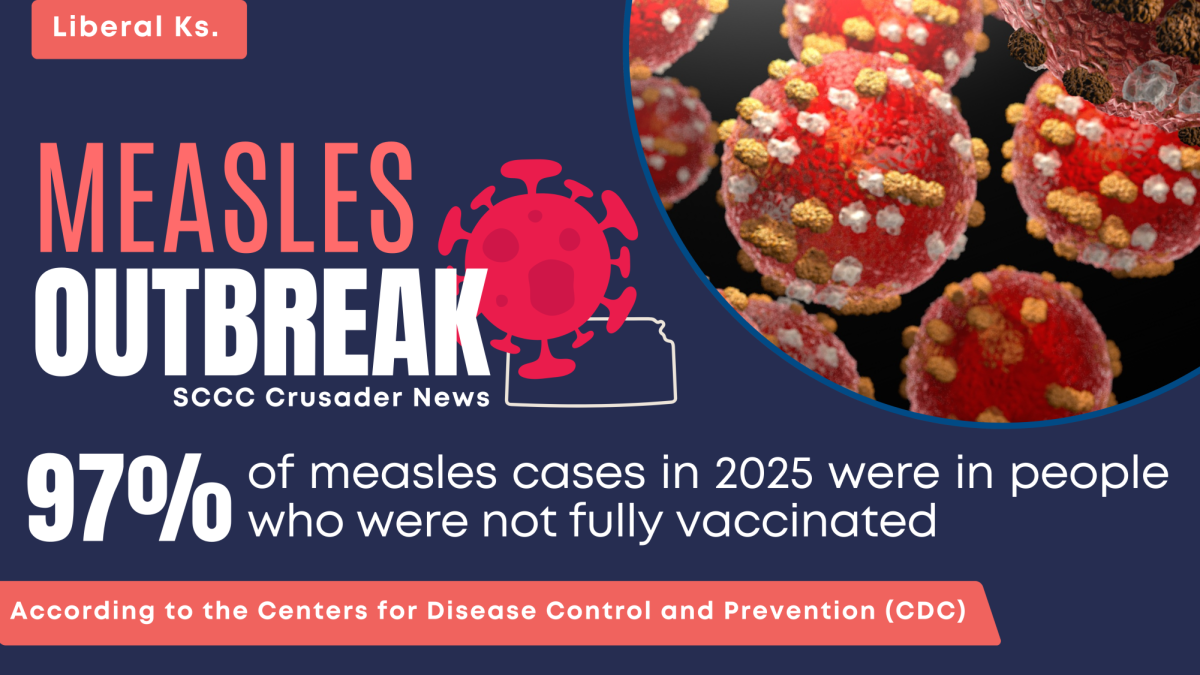








![The sophomores were recognized on the field instead of walking across the stage during their doubleheader. They received their diplomas and a picture of themselves playing during their career at Seward. [Pictured left to right are Dylan Day, Reed Thomas, Jase Schneider, Mason Martinez, Gannon Hardin, Brody Boisvert, and Zach Walker]](https://crusadernews.com/wp-content/uploads/2022/05/WEBDSC_0275-900x454.jpg)

















